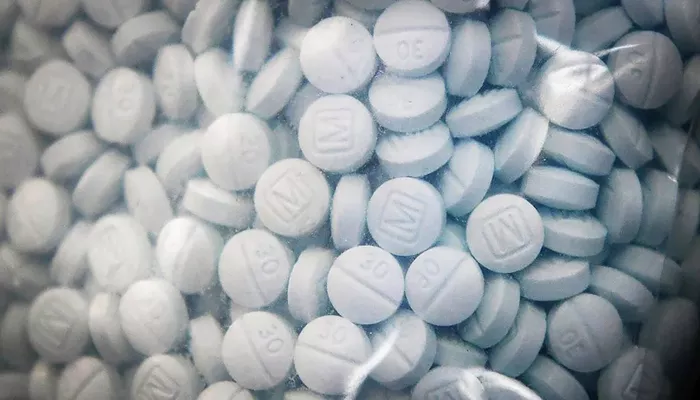Canada’s newly appointed fentanyl czar, Kevin Brosseau, is focused on one major goal: completely stopping the flow of fentanyl into the United States. Brosseau, a former Royal Canadian Mounted Police officer and national security advisor, spoke about his mission Wednesday, emphasizing that reducing the amount of fentanyl reaching the U.S. to zero should be the ultimate objective.
“Even one pound of fentanyl can cause a significant number of deaths,” Brosseau said. “Our goal should be to eliminate this dangerous drug entirely, both in Canada and in the U.S.”
The Canadian government made Brosseau’s appointment official on Tuesday. His role follows increasing pressure from U.S. President Donald Trump, who previously threatened to impose a 25% tariff on Canadian goods if the flow of fentanyl and illegal immigrants continued. These tariffs have been temporarily postponed until at least March 4.
Brosseau stated that his appointment demonstrates Canada’s commitment to tackling the fentanyl crisis and shows the importance of cooperation with U.S. authorities.
“My role is to bring together various law enforcement agencies to work in a more coordinated way and produce results,” Brosseau explained.
Last year, U.S. Customs and Border Protection (CBP) seized 19.5 kilograms (43 pounds) of fentanyl at the northern border. In comparison, the southwestern border saw much larger amounts — 9,570 kilograms (21,098 pounds).
Brosseau, who served over 20 years with the RCMP and more recently worked as deputy national security and intelligence advisor to Prime Minister Justin Trudeau, said he plans to meet with U.S. officials, including Tom Homan, Trump’s border czar, to strengthen cross-border cooperation.
“I’ve spent many years in law enforcement, and I know how vital these partnerships are,” Brosseau noted. “We are stronger when we work together.”
In addition to appointing Brosseau, Canada has committed to spending CDN$1.3 billion (US$91 million) on border security enhancements, which will include new helicopters, advanced technology, and additional personnel.
David McGuinty, Canada’s Public Safety Minister, also addressed concerns about Trump’s comments regarding Canada’s relationship with the U.S.
“Both countries have much at stake,” McGuinty said. “There is a path forward, and we believe the U.S. administration understands that.”
When asked about Trump’s suggestion that Canada could become the 51st U.S. state, McGuinty was firm in his response: “Canada is an independent and sovereign nation, and that will not change.”
Read more:
- Is Apob Testing A More Reliable Indicator Of Heart Disease Than Cholesterol?
- UNAIDS Warns Of HIV Surge If U.S. Cuts Funding.
- Weight Loss Drug Semaglutide Shows Promise In Reducing Alcohol & Nicotine Cravings


